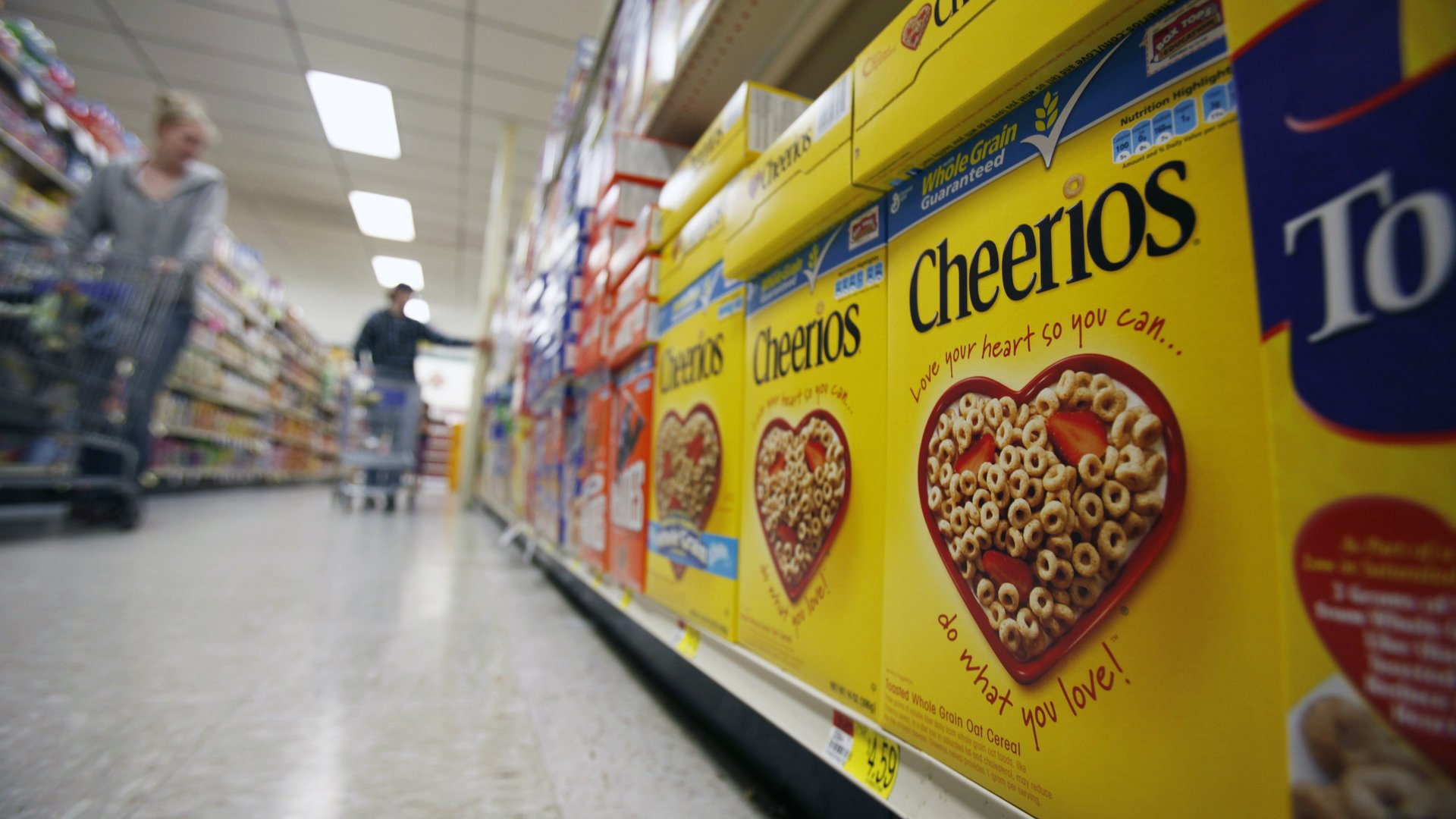Is kernza the new quinoa? The maker of Cheerios is investing in the experimental and sustainable grain
A wild cousin of wheat could be the next grain found in popular cereals and snacks, and it just got backing from a prominent member of Big Food.


A wild cousin of wheat could be the next grain found in popular cereals and snacks, and it just got backing from a prominent member of Big Food.
General Mills, the maker of Cheerios and Lucky Charms, announced this week that it was going to purchase a significant (but undisclosed) amount of kernza for its Cascadian Farm brand.
If you aren’t familiar with kernza, don’t worry. It’s a relatively obscure plant that’s been domesticated by scientists in Kansas at The Land Institute. (General Mills also donated $500,000 to this non-profit agricultural research group and the University of Minnesota to find ways to better commercialize the grain.)
It’s there that people have been working to develop the plant to play a bigger role in the creation of a more sustainable agricultural system. Kernza is actually the plant’s trademarked name—it’s more formally known as wild triga and it was first brought to the US from land near the Caspian Sea.
Unlike wheat, kernza is a perennial plant, which means farmers wouldn’t have to till their ground every season when growing it. The plant’s roots stretch 10 ft (3 m) deep into the earth, trapping nutrients and water that are beneficial to the soil. And because the dense root system anchors the plant so strongly, it provides a safeguard against erosion. Researchers also think the plant could capture large amounts of carbon and store it in the soil, reducing greenhouse gas emission, according to the Associated Press.
The grain hasn’t made much of an inroad into the market yet because it’s only grown on low-yield test plots.
If General Mills finds a way to commercialize kernza, it’d be the first major push to get it to consumers’ tables. It has been experimented with by artisans bakeries and restaurants, though. And Patagonia Provisions created a Long Root Ale with kernza, which is sold mostly at Whole Foods on the US West Coast.
Perhaps it could even end up being the next quinoa—a so-called “superfood” grown mainly around the Andes that has become beloved by many health junkies in Europe and the US.